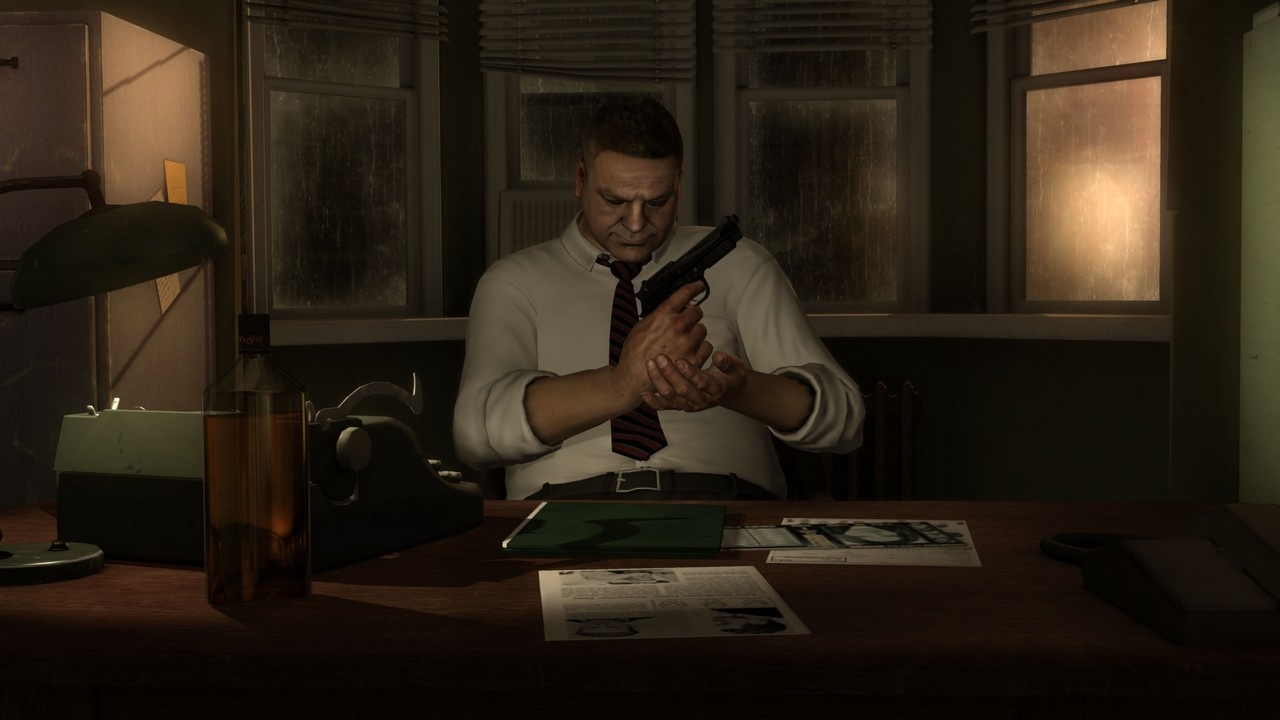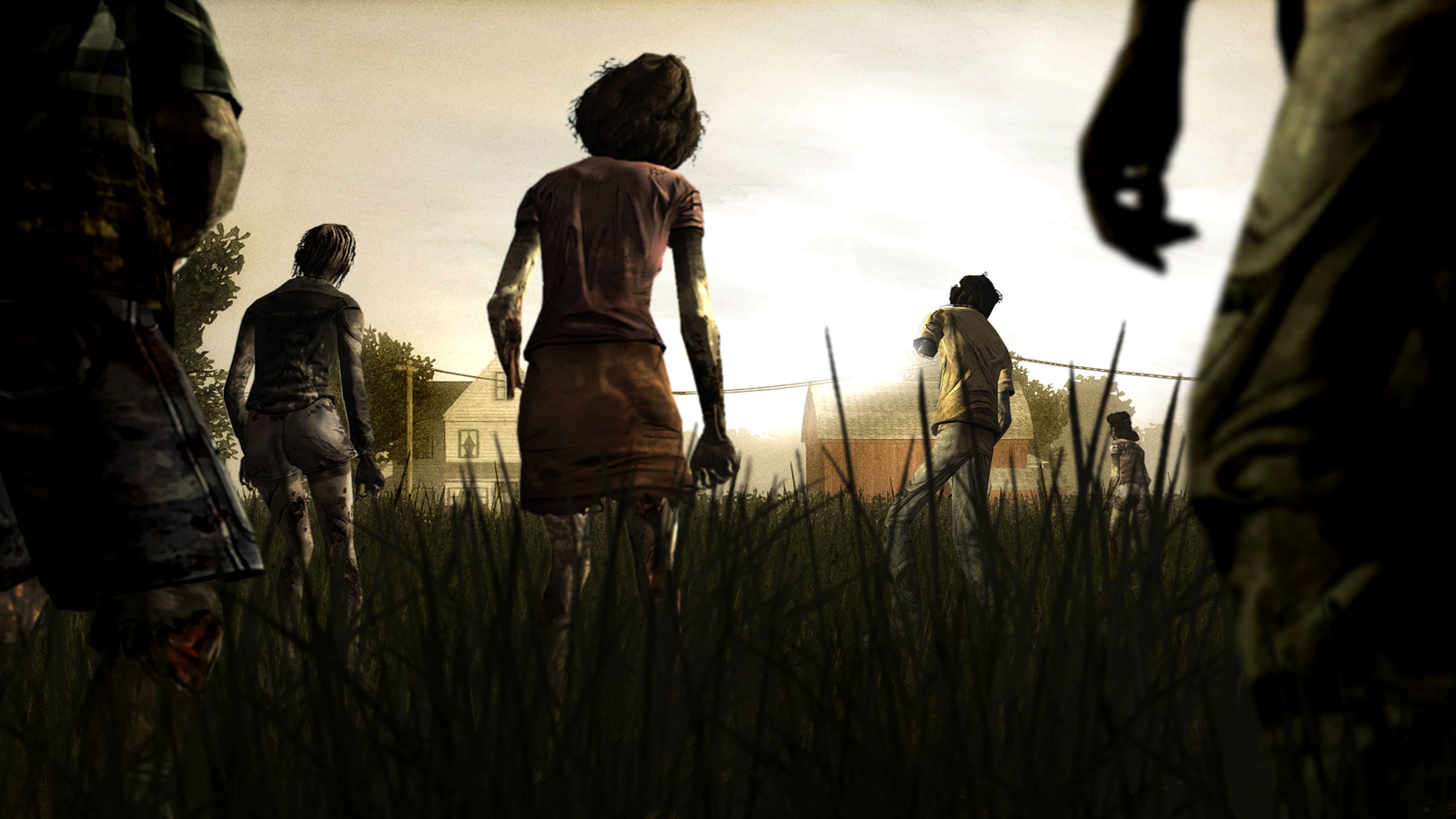This post has not been edited by the GamesBeat staff. Opinions by GamesBeat community writers do not necessarily reflect those of the staff.

Why do so few games allow players to influence the story? At its core, the medium entails interactive storytelling; it may not have started out that way, but that's what it's become. Creating branching paths is a lot of work…it takes a lot of resources to create so many outcomes to your decisions. But Heavy Rain followed that template and met with (mostly) great success. The foreknowledge that every action I took would have consequences was more than compelling enough to get me engrossed in the game.
I recently completed episode one of The Walking Dead, Telltale Games' adaptation of Robert Kirkman's zombie apocalypse epic. I couldn't help but be reminded of Heavy Rain and, to a certain extent, games like Mass Effect. The bulk of the gameplay in The Walking Dead is choosing dialogue options and making decisions. Everything else is either a quick-time event-esque action sequence or a puzzle which barely earns the moniker.
While a portion of Heavy Rain involved using QTEs to engage players in the actions they were undertaking, be they mundane or life-threatening, a big part of the game was choice. Through dialogue and decisions, you molded a story; it became your tale, and if you screwed up, characters died. But that didn't mean game over…that particular character stayed dead, he/see was no longer a part of your story, and the tale kept going.
The crux of this type of game is that decisions have to be final. When I first played through the original Mass Effect (spoiler incoming), Wrex was killed by Ashley; I hadn't put points into the right attributes, so I couldn't stop it happening. So what did I do? I reloaded a save from about 40 minutes earlier and put those points in the right place, saved Wrex, and left Ashley to burn. If you give gamers the option to go back and rectify their mistake, then oftentimes (though not always) they will use that to get the outcome they want.
With Heavy Rain and Walking Dead you don't have that option. If you aren't happy with a decision, then you have to restart and play from the beginning. As such, every time you have to make a decision, it means something; you can't take it back, and it could have unforeseen consequences. Walking Dead doesn't go quite as far as Heavy Rain; in the former, you only have one main character, and he along with his companion can't die or it's game over.

Walking Dead and Heavy Rain have proven that a game can successfully ditch the majority of gameplay traditions and just focus on creating a rich, dynamic story. By pairing down action sequences to QTEs, the need for a crazy combat system with combos or robust shooting mechanics is negated. The game can be about weaving an intriguing and engrossing plot with characters and situations you care about. This gives decisions a permanence and urgency and it makes every action you take feel important. Couple that with well-written and interesting characters, and you have a recipe that should get players incredibly invested in your game.